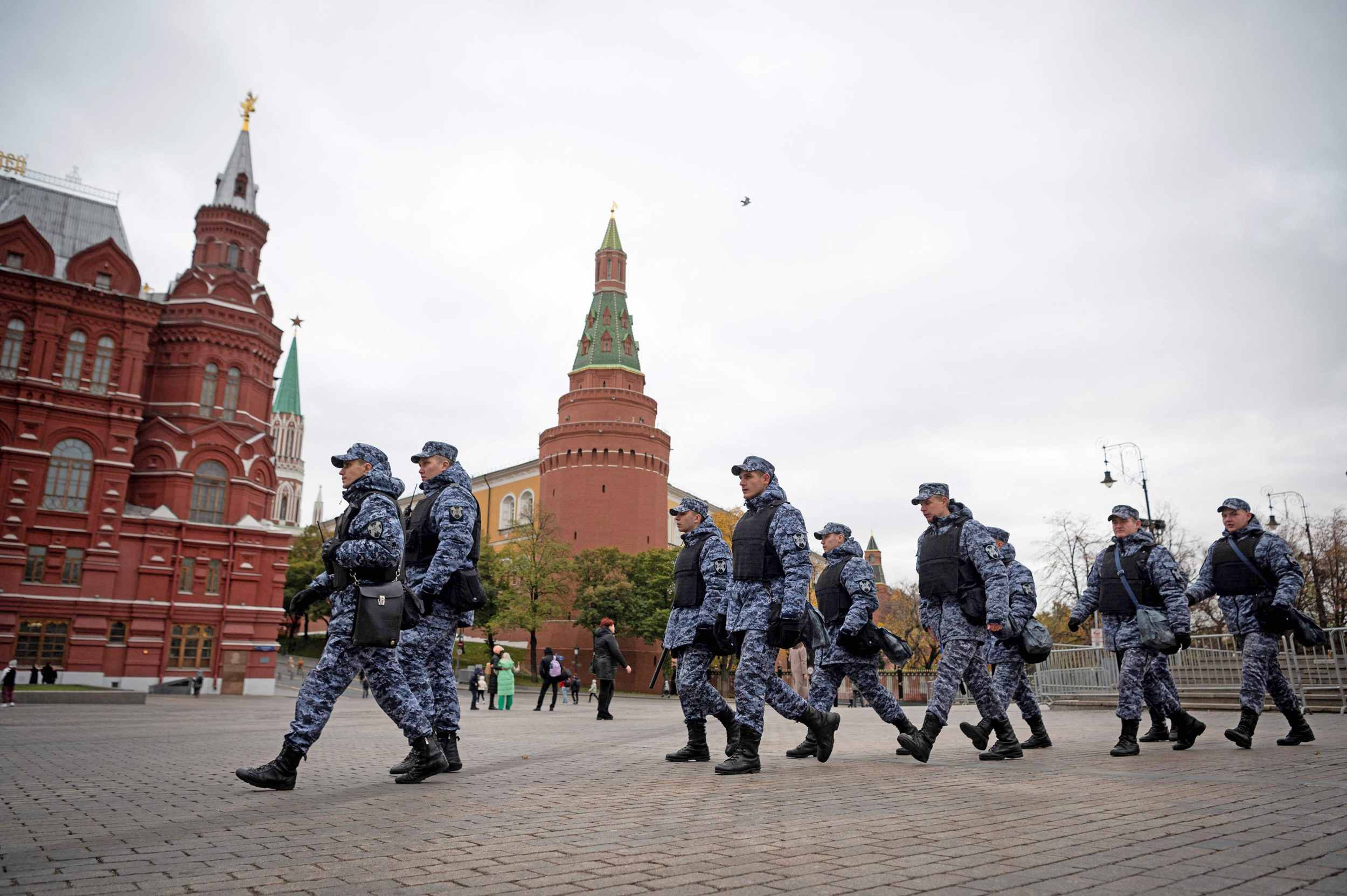The geopolitical landscape in 2024 presents a fascinating, and sometimes contradictory, scenario. On one hand, Russia faces crippling sanctions imposed by the West in response to the Ukraine invasion. On the other hand, China, while claiming neutrality, has been steadily strengthening its economic ties with Russia. This complex backdrop sets the stage for the intriguing case of Alfa Bank, Russia’s largest private bank, and its ambitious expansion plans in China.
Battered but Bouncing Back: Alfa Bank Navigates Sanctions
Alfa Bank, controlled by sanctioned Russian oligarch Mikhail Fridman, finds itself in a unique position. The bank, like many Russian financial institutions, took a significant hit in 2022 due to Western sanctions. Their annual report for that year revealed a hefty loss of 117.1 billion rubles ($1.44 billion). However, 2023 saw a remarkable turnaround, with Alfa Bank reporting a profit of 120.9 billion rubles ($1.4 billion). This swift recovery suggests the bank’s ability to adapt and find new avenues for growth.
China’s Embrace: A Lifeline for Russia?
China’s stance on the war in Ukraine has been one of cautious neutrality. However, their economic ties with Russia have seen a significant boost. Trade between the two nations reached a record high of $240.1 billion in 2023, a remarkable 26% increase over the previous year. This growing partnership is further underscored by the fact that 95% of their mutual trade is now settled in rubles or yuan, effectively bypassing the US dollar.
This shift towards a de-dollarized Sino-Russian trade system is seen by many as a deliberate move to circumvent Western sanctions. At the recent G7 summit in Italy, the US and its allies expressed concern over China’s role in enabling Russia’s war effort. Threats of further sanctions were issued against Chinese entities suspected of aiding Russia in evading Western economic restrictions.
Alfa Bank in the Forefront: A Gateway to Russia for Chinese Businesses
Alfa Bank appears to be capitalizing on this burgeoning economic relationship. Their recent announcement highlights their commitment to the Chinese market. They have launched a dedicated Chinese-language website and support services to cater to the needs of Chinese businesses. Additionally, plans to open full-service branches in Beijing and Shanghai are underway, which would make Alfa Bank the first private Russian bank to establish such a presence in these key Chinese cities. These initiatives demonstrate Alfa Bank’s strategic focus on facilitating trade and business interactions between Russia and China.
Building Legitimacy: Credentials and Recognition
Alfa Bank recognizes the importance of building trust and legitimacy in the Chinese market. Their statement acknowledges their existing relationships with “thousands” of Chinese companies. Furthermore, they boast a positive credit rating from a major Chinese credit rating agency, underlining their financial stability. Additionally, the Hong Kong Equity Investment Association’s recognition of Alfa Bank as the “most technologically advanced” lender further strengthens their position as a reliable and innovative financial partner.
The Road Ahead: Uncertainties and Opportunities
Alfa Bank’s China expansion strategy presents a compelling case study. It underscores the complex interplay between sanctions, economic interests, and the evolving global financial landscape. While the success of this strategy remains to be seen, it is clear that Alfa Bank is betting on a future where China plays a central role in its business operations. However, several factors could potentially hinder Alfa Bank’s ambitions. The ongoing war in Ukraine and the increasingly strained relationship between the West and China are major sources of uncertainty. Additionally, the effectiveness of Western sanctions in hindering Alfa Bank’s operations in China remains to be fully understood.
A Strategic Chess Game
Alfa Bank’s China expansion is a strategic move, fraught with both risk and potential reward. Whether this gamble pays off depends on how the geopolitical situation unfolds. The bank’s success hinges on its ability to navigate the complexities of the current environment, maintain good relations with Chinese authorities, and overcome any remaining obstacles posed by Western sanctions. The coming years will provide a clearer picture of whether Alfa Bank can emerge as a key player in facilitating financial interactions between Russia and China, or whether this ambitious plan will ultimately fall victim to the larger geopolitical forces at play.
